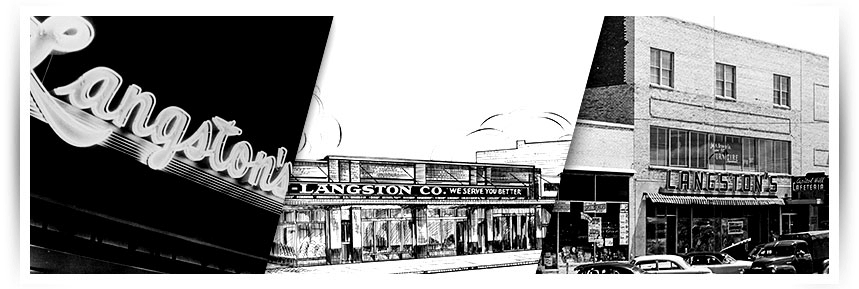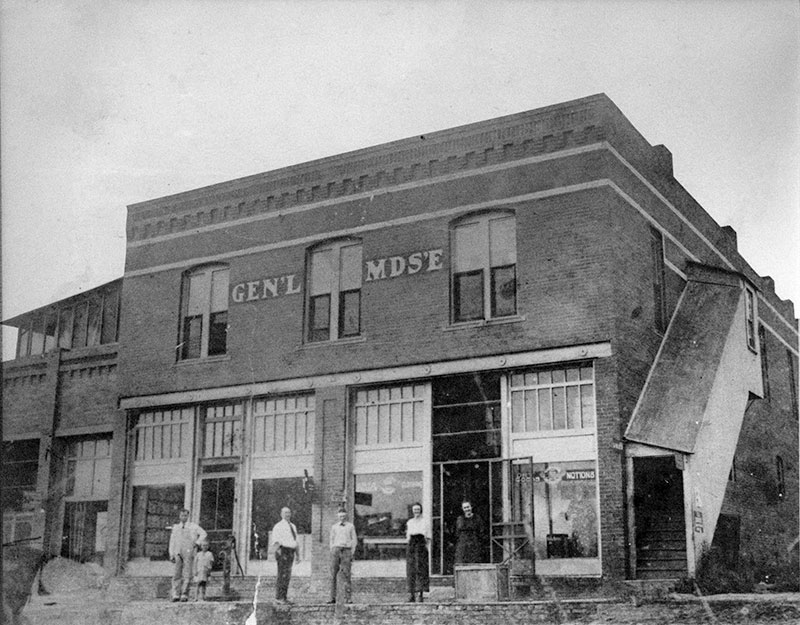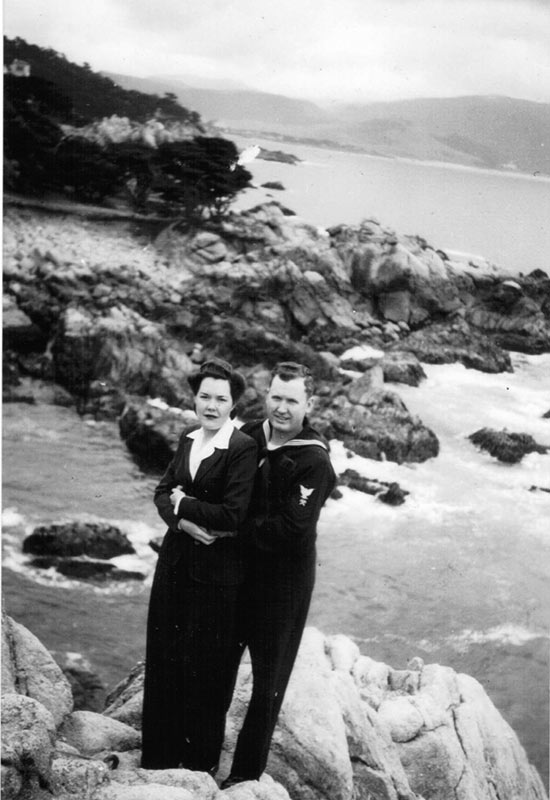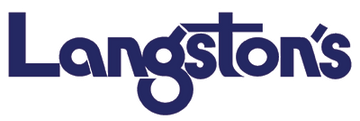
Langston's Western Wear has been serving the western culture and lifestyle community for over 100 years. What started as a one stop shopping destination for the ranchers and farmers of central Oklahoma has become one of the top independent and locally owned western stores in America. Always known for our great prices and friendly service, Langston's carries a wide selection of cowboy boots, western shirts, cowboy hats, jeans, and work wear by all of today's leading brands.
Between our flagship store in Oklahoma City's Stockyards City, our three other metro locations, and our online store we have one of the best selections of cowboy boots available. With top quality names like Justin Boots, Ariat Boots, Corral, Lucchese, Tony Lama, Dan Post, Ferrini, Anderson Bean, Cinch, Twisted X and more, you will never have a hard time finding comfortable quality cowboy boots and work boots that fit your needs and style. Wrangler, Cinch, Cruel Girl, and Levi's are some of our top selling brands of jeans, while jeans from Lucky, Rock and Roll Cowgirl and Cowboy, and Miss Me are always available to keep you up on the latest denim trends.
Many of these names, along with the likes of Panhandle Slim, Rockmount, and Pendleton can be found sewn into our wide variety of western and casual shirts. You'll also always find hundreds of hats, work shirts, overalls and coveralls, as well as western accessories like belt buckles and jewelry to complete all of your western fashion needs.

History
Beginnings
In 1913 L.Y. Langston, J.R. Freeman, and Henry Hadley opened a store in Harrah, Oklahoma under the name of Freeman-Langston Company to serve the small farming community in the area. Ten years later, the store moved to 27 W. Reno in downtown Oklahoma City where the Cox Convention Center is now located.
With everything from dry goods to groceries to a feed and seed department, the original store was a true one stop shopping destination for working farmers in central Oklahoma. The store quickly became known for its large selection of boots, both cowboy boots and work boots, and the lowest prices on overalls in town. And, unlike today, the grocery department was full service. Each customer's order was filled, boxed and delivered to their waiting wagon, car, or truck.
Langston's even purchased much of its goods from the farmers who were their customers. The produce department would appraise the farmer's goods and provide him with a voucher for purchase of anything in the store or he could redeem the voucher for cash at the front of the store. This system, along with the wide selection of goods, made Langston's a popular destination for local shoppers, with many spending the better part of their day in town at the store selecting merchandise, negotiating the sale of goods, and generally entertaining themselves in the store.
The Great Depression
Oklahoma and many states in the Great Plains areas of the United States were hit especially hard by the Great Depression of the 1930s. In addition to the collapse of the nation's economic system, the central United States suffered a prolonged drought that become known as the Dust Bowl for the large dust storms that would develop as a result of dry soil and strong wind storms.
By this time, Mr. Langston had purchased Mr. Freemans share of the business and it was now operating under the name of Langston's. While the company was not immune to the effects of the Depression and the Dust Bowl that accompanied it, the store survived in large part because of Mr. Langston's optimistic nature and empathy towards the plight of the local farmer.
To help, Mr. Langston established a line of credit for anyone who needed extra time to sell their crop before they could pay for the goods they needed to purchase. This helped many farmers to keep working their land without worry of incurring too much debt and possibly losing their farms. Mr. Langston also recognized the need to help teachers, who were then being paid with draft vouchers instead of cash due to budget shortfalls by the State.
The drafts were to be paid if and when the state had enough revenue to pay them off. Fueled by his enduring optimism and belief in the local community, Mr. Langston decided to honor all teachers' drafts towards the purchase of any merchandise in the store. Even though it took several years, Langston's eventually saw the state pay on every draft Mr. Langston accepted.

World War II
Over time, this next generation of owners gained experienced in running the store and soon realized the opportunity that had been left them. While the local economy began to improve along with that of the country, a new challenge was on the horizon. The world was once again at war. Mr. Barber would serve 3 years in the Navy during World War II, while Mr. Broach looked after the store back home.
By this time the Joneses had purchased another store in Oklahoma and Barber and Broach acquired their interest in Langston's. When Mr. Barber returned from the Navy, he set out acquiring stores around the Southwest and either liquidating them or moving the merchandise to Oklahoma City.
Post war expansion: midwest city
Soon after the war, an opportunity arose to buy a store in nearby Midwest City. Midwest City is home to Tinker Air Force Base. Once the war had ended, there was a lot of speculation that the base would be closed, which would have had serious impact on the small town's economy. Looking for an early exit, a man by the name of Stockton sold his 5,000 square foot store located in the Uptown Shopping Center to Broach and Barber, who intended to run it until it no longer was viable. In the end, Tinker never closed and Langston's has had a store in Midwest City ever since.
In addition to a second location, Langston's changed a lot during the 1940s. As the economy grew, so did the number of products available to the consumer. In order to offer the variety of apparel and footwear the customer demanded, some merchandise lines had to be dropped to make room. Specifically, the Reno Street store dropped the feed and seed department as well as hardware. The nature of grocery shopping also changed. Instead of filling orders for the customer, the trend was now self-serve markets.
In an attempt to implement this new concept, Broach and Barber leased the grocery department to Sylvan Goldman, whose biggest contribution to shopping was the invention of the shopping cart. However, it soon became obvious the small 5,000 square foot grocery store could not stock enough items to satisfy the new customer who demanded more choices and the grocery department was closed. Langston's had now become primarily a western and casual clothing retail store.
Changing Landscape: Capitol Hill
America began to change in the early 1950s as many people began to move out of the core of cities and into the suburbs. In response to this trend the Capitol Hill Shopping Area was developed as one of the first suburban shopping corridors in Oklahoma City. This area was home to many major retailers of the time, such as J.A Brown Co., J.C. Penny, Katz Drug and Kress.
The opportunity for Langston's to join the growing mix of retailers came on a plane flight on the way back from a buying trip. Mr. Barber met a man who had a variety store in Capitol Hill and was looking to sell. Recognizing the opportunity and the need for a store in the suburbs, Mr. Barber bought the store and brought the new Langston's apparel only model to the district.
One innovation for the new store was the Bargain Basement. In response to rising inflation, Langston's would buy overstocks and overruns directly from the clothing and boot manufacturers. This allowed Langston's to keep a large supply of items with inflation busting prices. The concept was so successful that the volume of sales from the basement soon matched that of the rest of the store.
The Bargain Basement is often credited for the sustained success of the store even after many other Capitol Hill merchants left for the malls. The store would remain open in Capitol Hill for 35 years until 1987 when it moved to Shields Plaza at I-240 and S. Shields Blvd, where it remained until 2017.
Recapturing Heritage: Stockyards City
In 1949 another opportunity presented itself when a man by the name of Wacker wanted to sell his Wacker's store location in the Stockyards area of Oklahoma City. With the roots of the Langston – Freeman Company being in serving the local farm and ranch community, Mr. Barber thought Stockyards City would be a natural fit for a Langston's store.
It was the experience in western wear, work wear, and cowboy boots that made the transition into the Stockyards an easy one. The regular clientele of real cowboys and cowgirls meant an even greater focus on western apparel and what started as 5,000 square foot store eventually grew to be the 30,000 square foot store it is today.
Thankfully, it seemed that each time western wear grew more popular, new space was available in which to expand. The first came when the owner of the Luther's store next door passed away.
Langston's purchased the space and expanded into it to create a highly specialized western wear department that served to separate all the western merchandise from conventional men's and ladies' apparel.
Soon after, the departure of Norma's lounge and another western retailer provided Langston's the opportunity to add another 10,000 square feet. This allowed for an expansion of the boot department and the open display of the more than 10,000 pair of boots Langston's was now offering.
The increased growth led Mr. Barber, along with his son who joined the company in 1970, and partner Mr. Boatmun to consider building a larger store in another location. But the combination of Langston's western heritage with that of the Stockyards was just too good a match to pass up. With the last piece in place, the store became the company's flagship western wear store that you see today.

Present Day
Today, Langston's has three locations in the Oklahoma City metro area. In addition the Stockyards store and the Midwest City store, Langston's is also located on Garth Brooks Boulevard in the adjacent suburb of Yukon.
Bob Barber's son is now President of the company and his son returned in 1999 to start langstons.com, bringing the authentic western apparel business online.
At Langston's, we are proud of our heritage that spans 100 years and four generations. We continue to strive to honor the legacy and tradition of serving the greater western lifestyle community started by Mr. L.Y. Langston.
Much of his success and that of Langston Co. over the years is due to a sense of community and tradition that he successfully integrated into the business he started in the small farming community of Harrah, Oklahoma in 1913.





